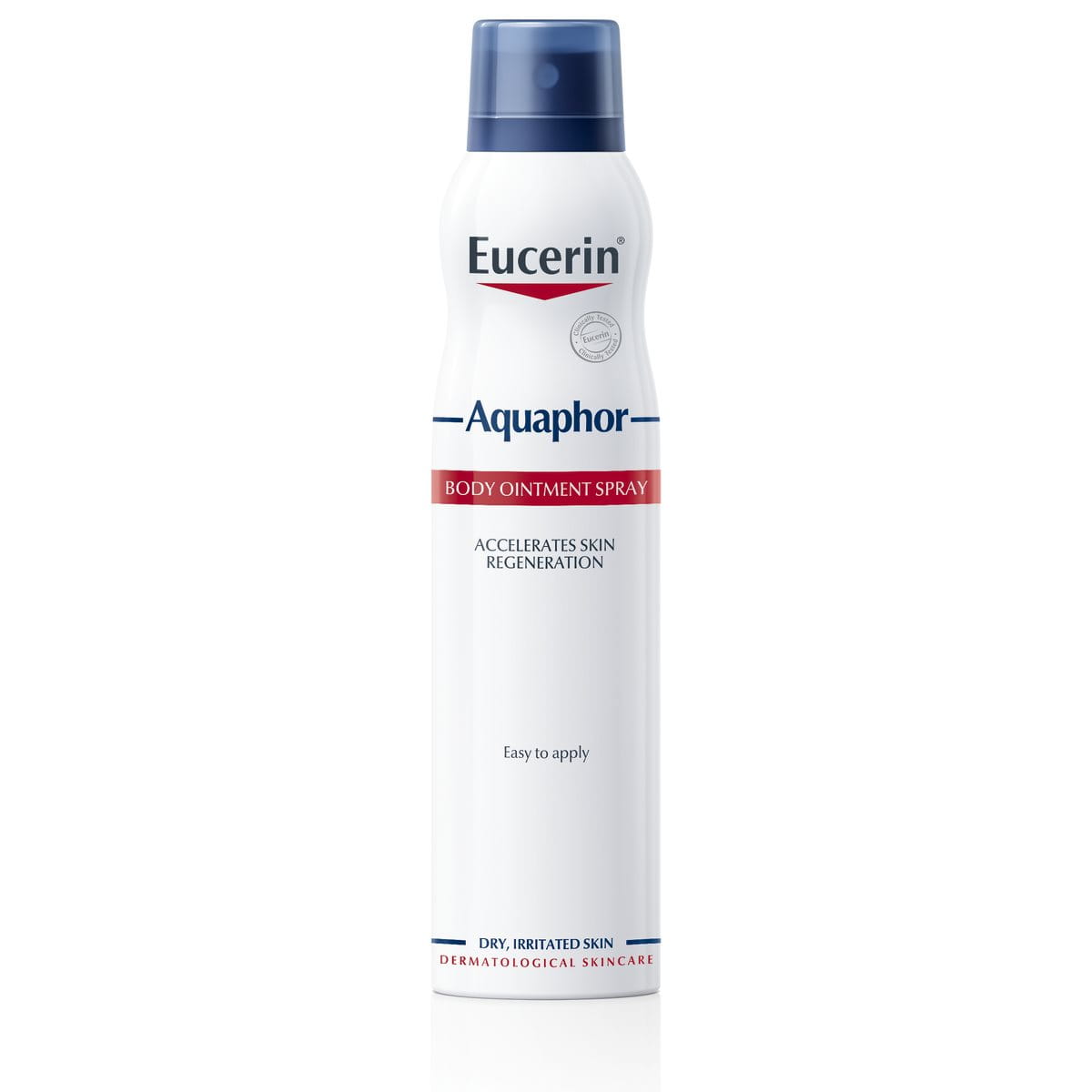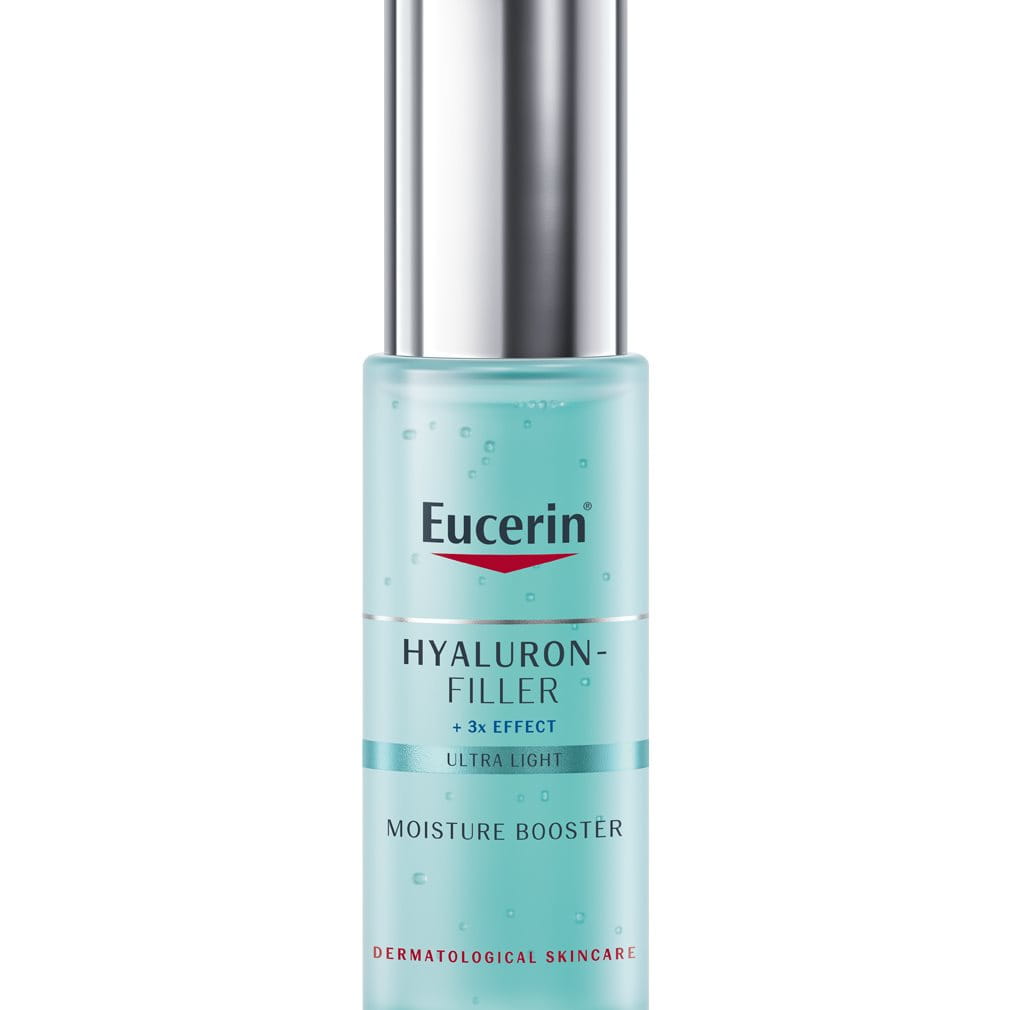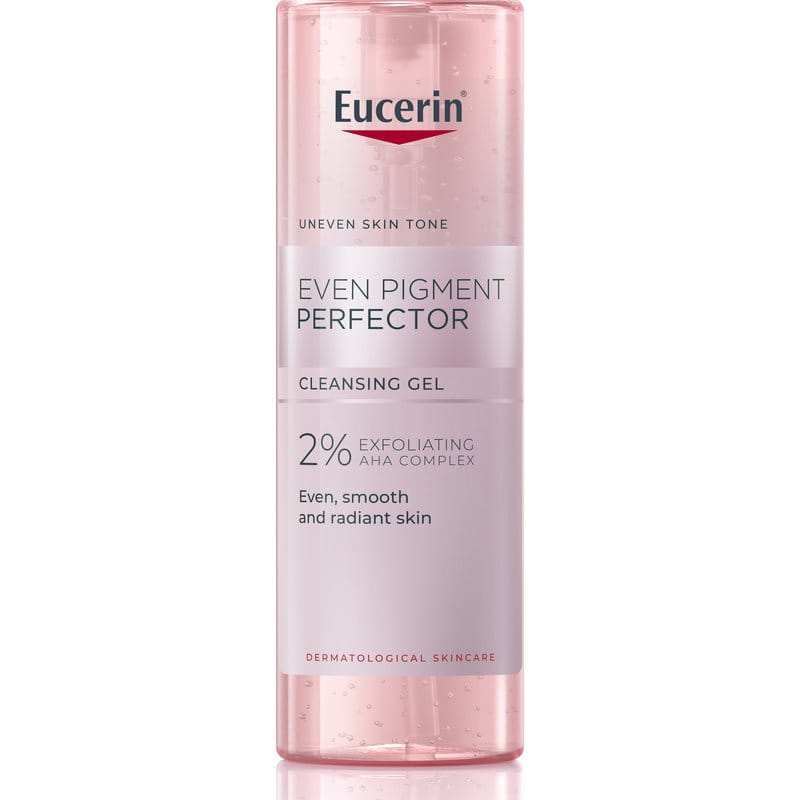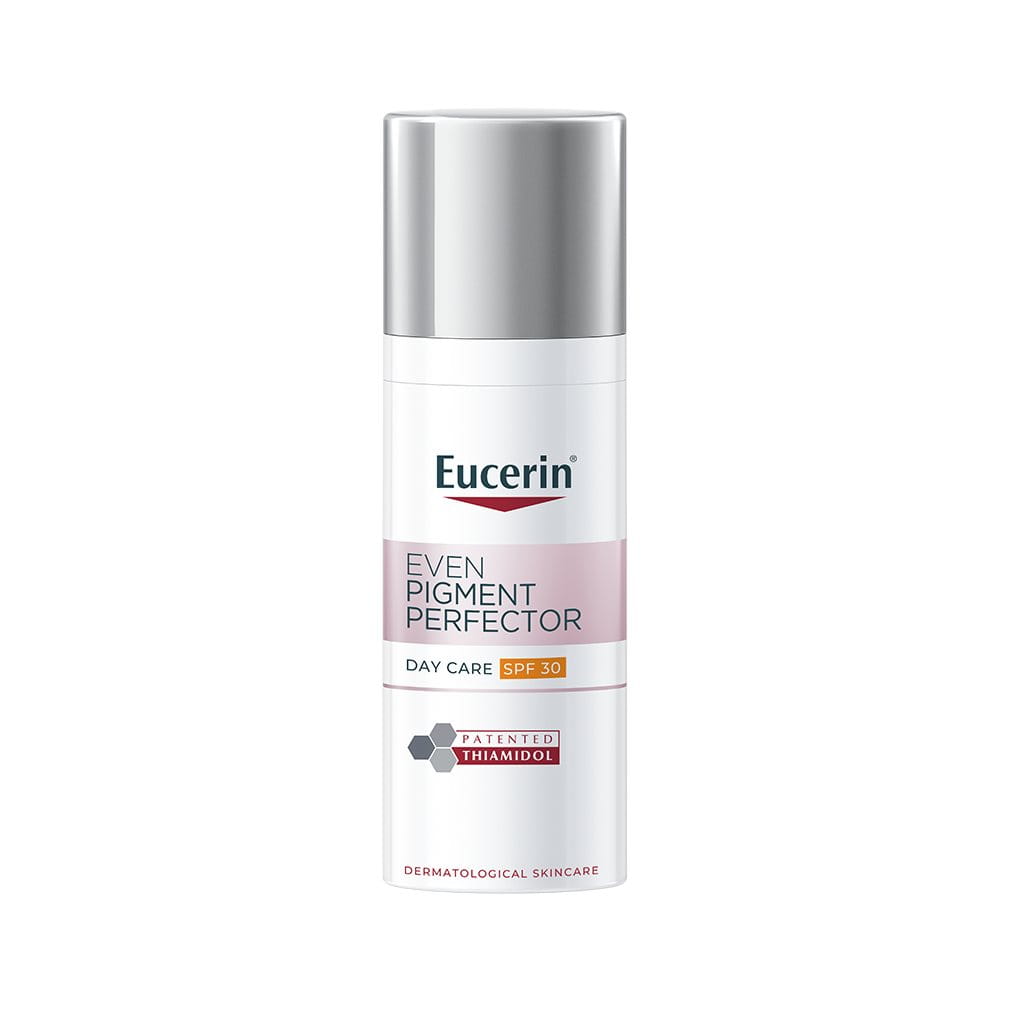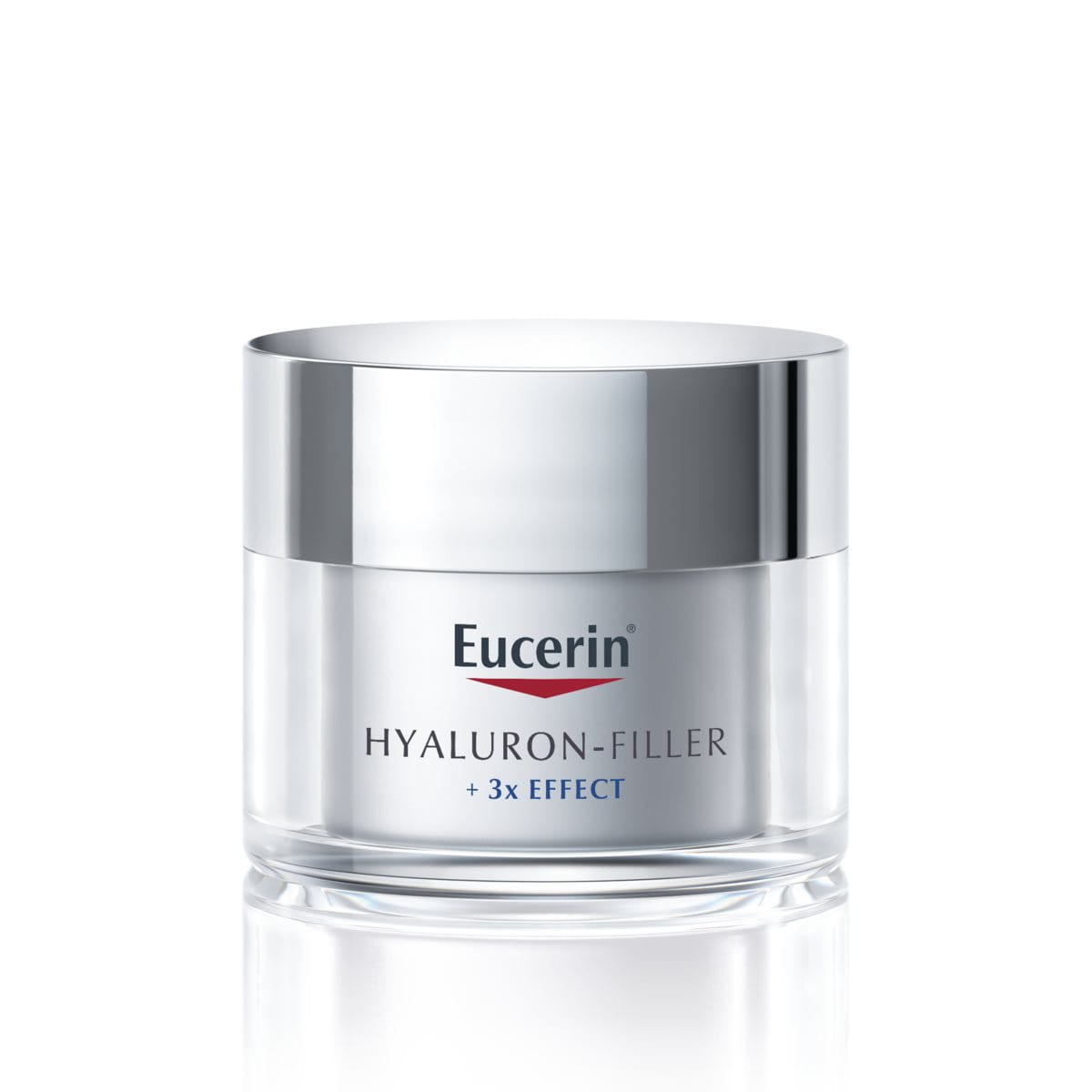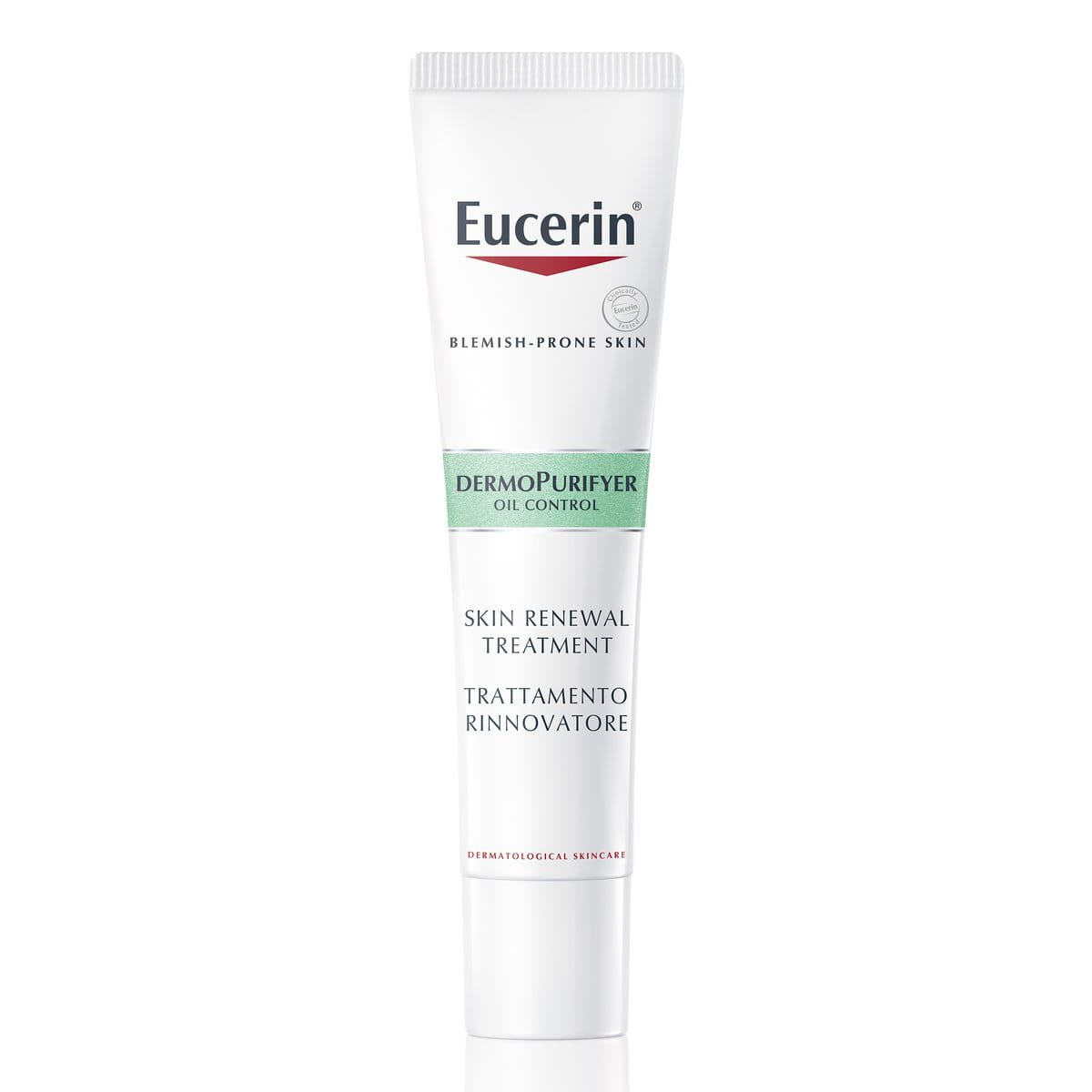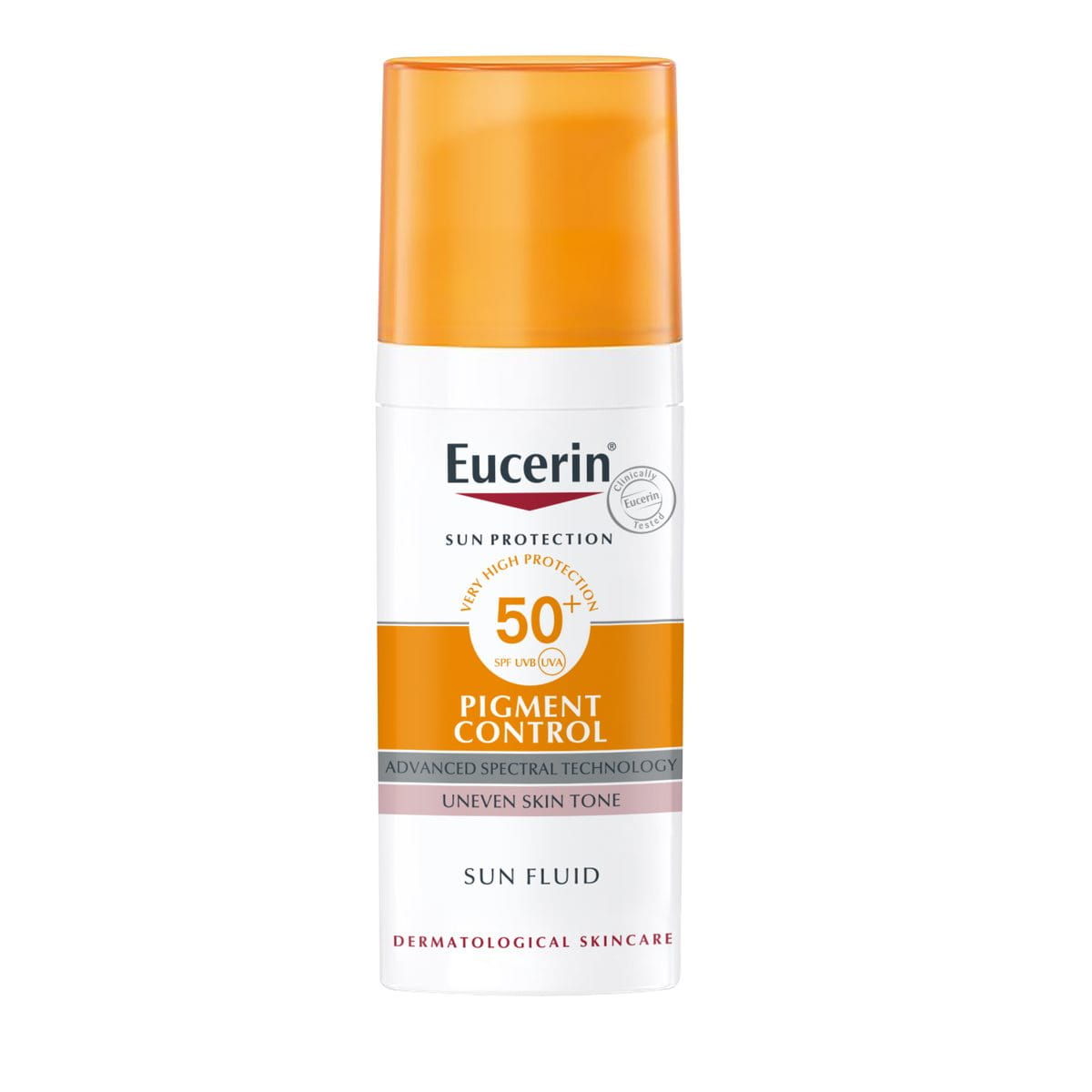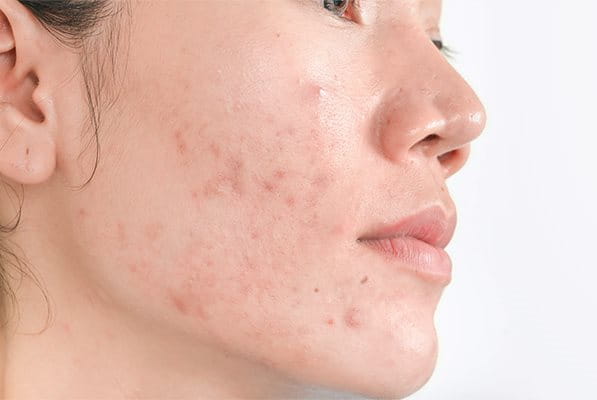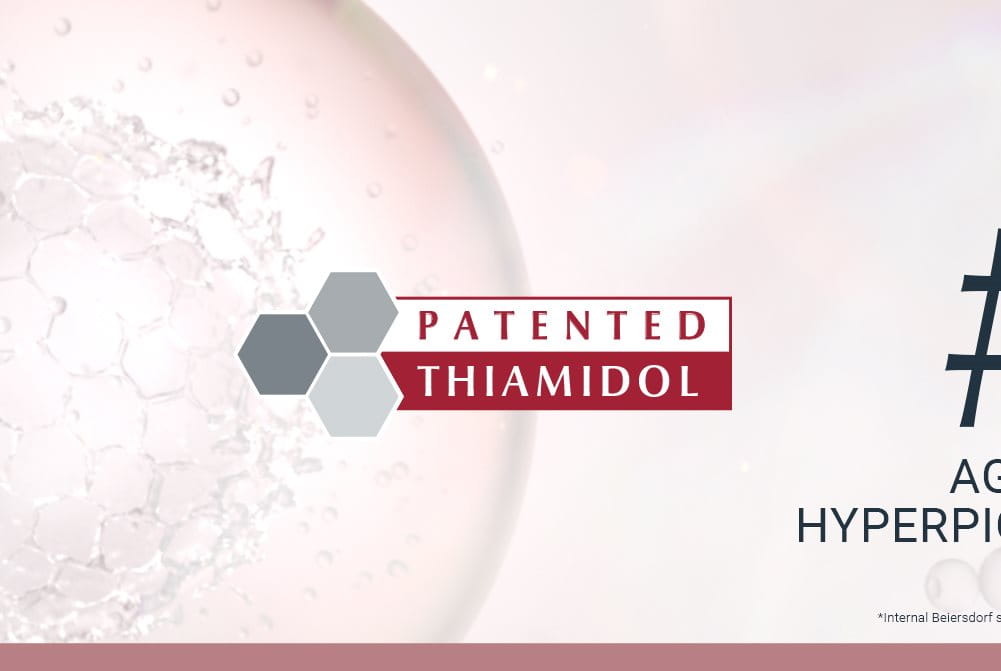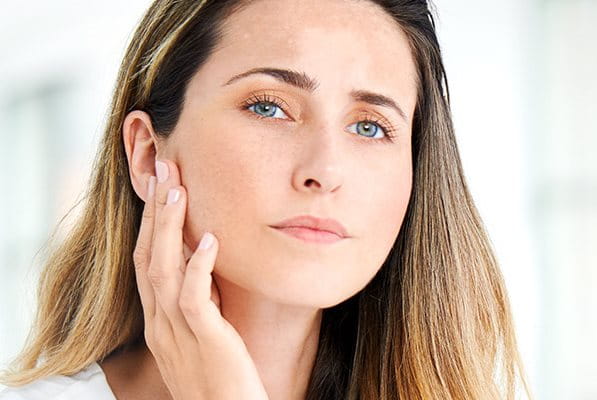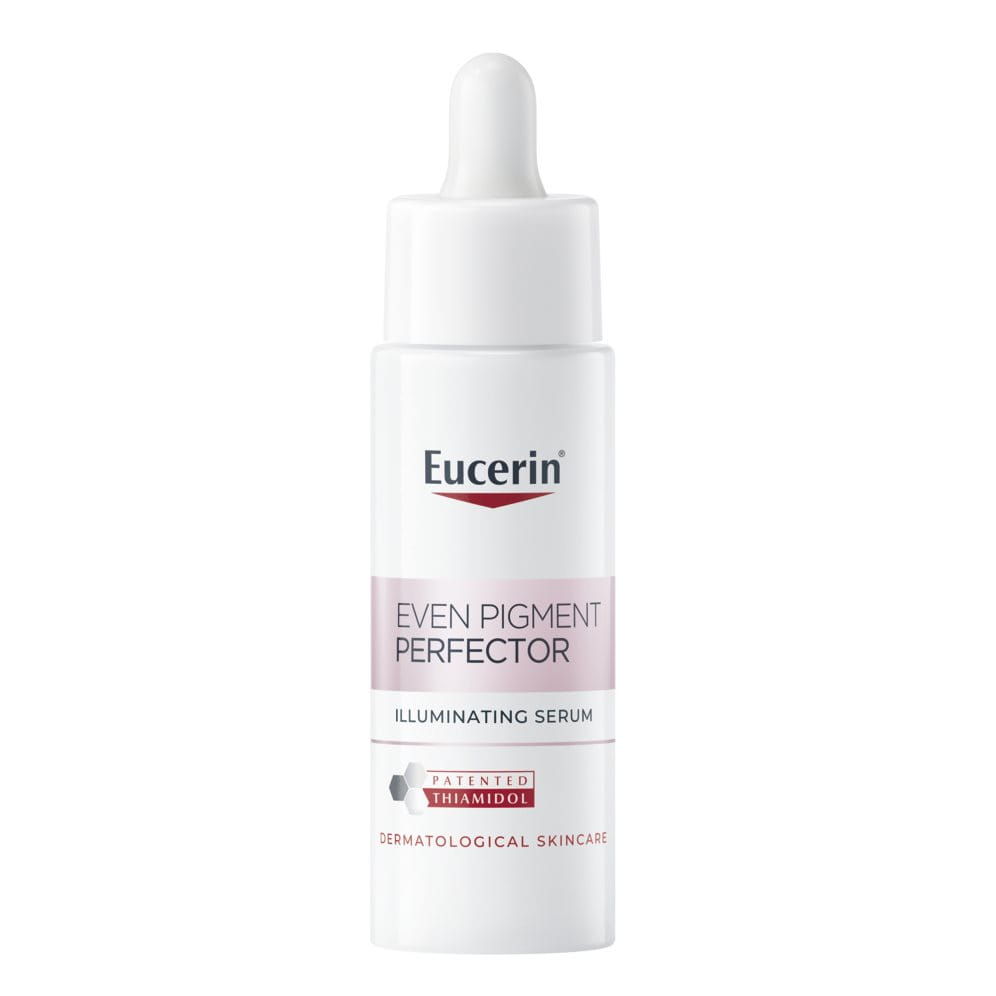An uneven skin tone is essentially a broad term for skin that has variations in colouring and texture, such as blotchiness, dry patches, hyperpigmentation, and sun spots. It can appear on the face and on the body, for example, on the legs. Skin tone evenness can vary widely in severity, and many people might experience hyperpigmentation without realising.
Hyperpigmentation is the most common reason for uneven skin tone. It may sometimes be mistaken for freckle spots as it appears as slightly darker, uneven patches across the skin. It is caused by extra melanin clustering into spots or patches that can vary in colour from red to brown. The appearance can sometimes bother people, as it can make the complexion look less clear.
Although it is difficult to achieve a perfectly even skin tone, it is possible to reduce the visibility of imperfections and protect your skin going forward.
What causes an uneven skin tone?
There are a multitude of factors that can lead to an uneven skin tone, most of which, sadly, are out of our control; however, it is still possible to reduce their effect.
Sun exposure
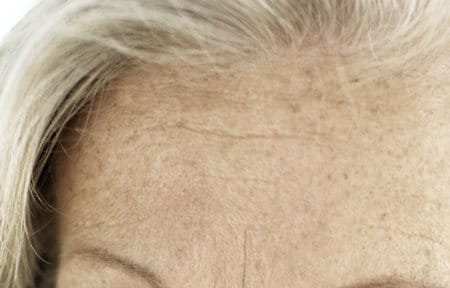
Ultraviolet rays from the sun can be very damaging to your skin, potentially causing Sunburn - when UV rays have penetrated and damaged the skin. This can then lead to hyperpigmentation. Over time, unprotected exposure to the sun can cause your skin to develop sun spots (dark, freckle-like patches), which will make your skin tone uneven. You can learn more about how the sun affects the skin here.
Melasma
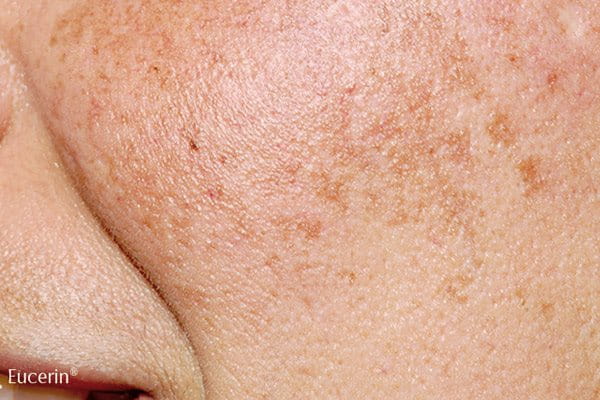
Melasma is a variation of hyperpigmentation that is most common in women during or after pregnancy. It usually appears as dark patches on the skin, mainly on the face, but it can also appear elsewhere. You can learn more about the causes and symptoms of melasma here.
Dry skin
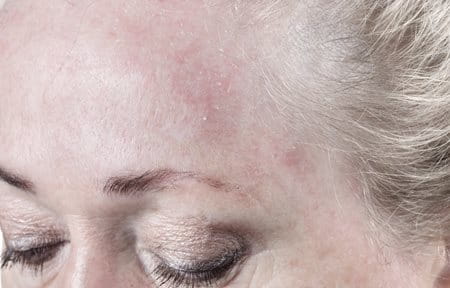
Dry skin affects many people and can be caused by both internal and external factors. A lack of moisture in the skin causes it to dry out and crack, leading to soreness and an uneven skin tone. Additionally, damaged skin will be patchy, ashen, and discoloured compared to non-affected areas.
Post-inflammatory hyperpigmentation (PIH)
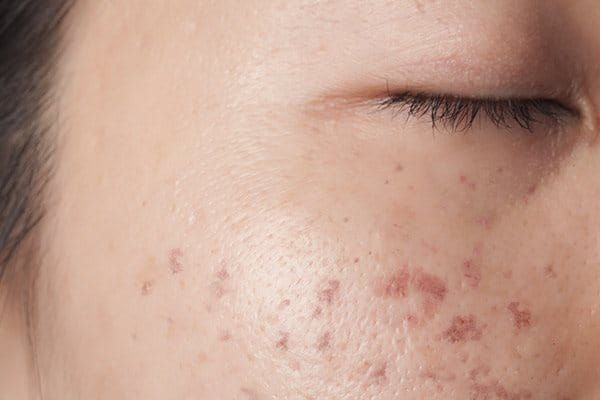
This causes an uneven skin tone to occur after a skin injury or inflammation, when the skin becomes discoloured or darkened once a wound has healed. It can affect men and women equally and often impacts those with blemish-prone skin or who have suffered from acne in the past. You can learn more about the causes and symptoms of PIH here.
Other skin conditions
Other reasons that contribute to uneven skin complexion can include inflammatory skin conditions such as psoriasis or eczema, past skin injuries such as infections, burns, and blisters, and medications such as painkillers and birth control. These types of hyperpigmentation and hypopigmentation may disappear with time and are unlikely to be affected by the treatments below.
Pollution
Pollution is another factor that can affect skin that remains largely out of our control. Pollution particles can penetrate the skin, weakening the protective barrier and causing discolouration. Dark spots can also appear as a result of polluted air, particularly from traffic-related gases.
How to Even Out Skin Tone: Uneven skin tone products
Creating a skincare routine tailored to your skin type and form of hyperpigmentation is essential for achieving healthier, more even skin. Below is a guide on how to make your skin even:
1. Cleanse
You should ideally cleanse your skin twice a day, once in the morning and once before going to bed. Cleansing helps even out your skin tone by breaking down environmental factors, such as pollution, that try to penetrate your skin. It will also help to improve your skin clarity. Choosing the right one for you can be tough, but we have created a guide here to help.
2. Moisturise
Moisturising your face should also be done every day. This will help to fade dark spots and replenish skin cells, evening out your skin tone and reducing signs of ageing. It also hydrates your skin, preventing dryness, cracking, and patchiness. This is essential in your daily routine to improve overall skin health and even out your pigmentation. Explore the Eucerin range of day creams to find the right one for your skin type.
3. Exfoliate
This step enables cleansing and moisturising the skin to work effectively. Exfoliating twice a week scrubs away the dead or polluted skin cells, allowing the cleanser and moisturiser to penetrate and heal the epidermis (the outermost skin layer). Be sure not to over-exfoliate too harshly or too regularly, particularly if you have sensitive skin. Otherwise, you can risk scrubbing away healthy skin cells, which may aggravate your uneven skin tone.
4. Wear Sunscreen
Wearing sunscreen every day will not only protect you from sunburn on sunny days, but will also prevent your skin from photoageing (sun spots) and hyperpigmentation, and even skin cancer later on in life. Discover the perfect sunscreen for you in Eucerin’s tailored range.
Lifestyle changes that can help uneven skin tones
Whilst products can help treat the causes of uneven skin, there are also lifestyle changes you can make to help your skin stay healthy and even, which include:
Staying hydrated
Drinking plenty of water hydrates you inside and out. When combined with a moisturiser, it can help soothe your skin, prevent redness, and prevent drying.
Eating cleaner, healthier foods
Diet plays a vital role in pigmentation. A cleaner, healthier diet can help clear uneven skin tones, whereas unhealthy, processed foods are likely to contribute to skin concerns.
Green vegetables are rich in vitamins B and E, which help combat age spots and protect your skin.
On the other hand, consuming a variety of foods and drinks can contribute to hyperpigmentation and uneven skin tone. Greasy foods, such as chips, and those high in refined sugar, can impact your skin pigmentation. Spicy foods can increase the redness on your face, and high amounts of alcohol can dilate your blood vessels, leaving you with a flushed face.
Obviously, a balanced diet is very important, so there is no need to cut these foods out entirely, but it is important to understand the effects that they can have on our bodies.
Exercising regularly
Exercising regularly increases blood flow, which helps nourish skin cells and removes toxins from the skin. Contrary to popular belief, exercise is beneficial for the skin overall and can help alleviate symptoms of other conditions, like acne.
There are plenty of ways that you can fix your uneven skin tone. Patience is required because this isn’t something that will be fixed overnight. However, if you take care of your skin and body, over time you will see your skin become clearer, smoother, and more even in tone.
Our brand values

We deliver a holistic dermo-cosmetic approach to protect your skin, keep it healthy and radiant.

For over 100 years, we have dedicated ourselves to researching and innovating in the field of skin science. We believe in creating active ingredients and soothing formulas with high tolerability that work to help you live your life better each day.

We work together with leading dermatologist and pharmacist partners around the world to create innovative and effective skincare products they can trust and recommend.

